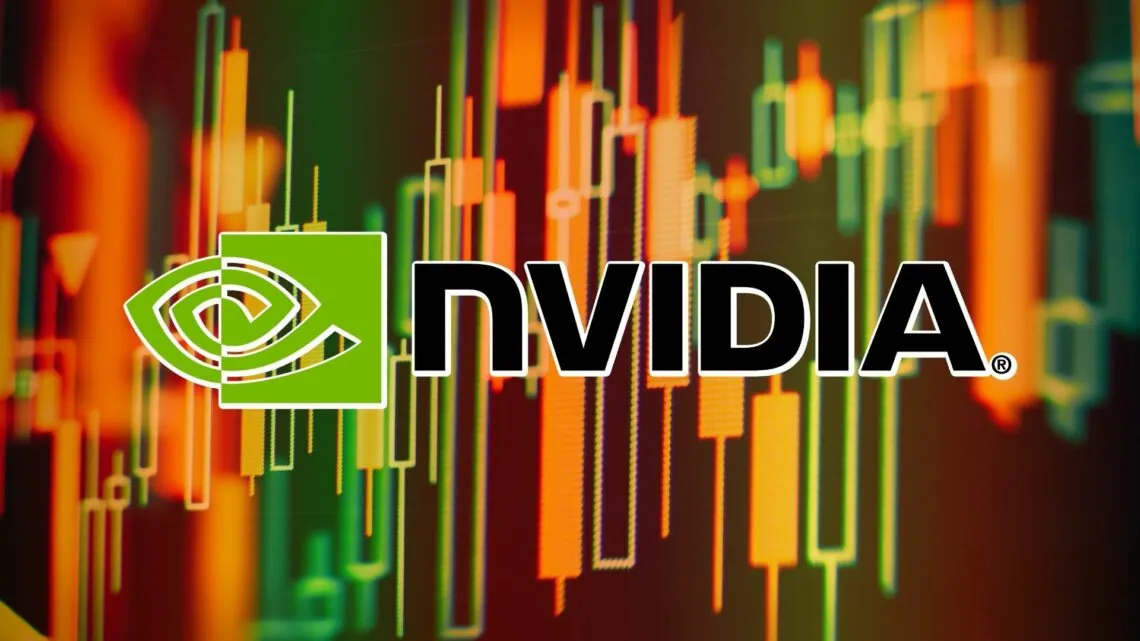Introduction:
In the rapidly evolving realm of AI Hardware Companies, 2023 witnesses a competitive surge among the industry’s top players, each striving to unveil cutting-edge products that set new benchmarks for power, efficiency, and scalability. This detailed exploration aims to provide a comprehensive understanding of the strategic moves, groundbreaking technologies, and future trajectories of the top 8 AI hardware companies shaping the landscape this year.
Join TechoVedas Community here
1. Nvidia: Pioneering the AI Revolution
Nvidia emerges as a formidable force in the AI hardware market, bolstered by a valuation surpassing $1 trillion in early 2023. The A100 chip and Volta GPU stand as critical technologies for resource-intensive models, particularly in data centers. 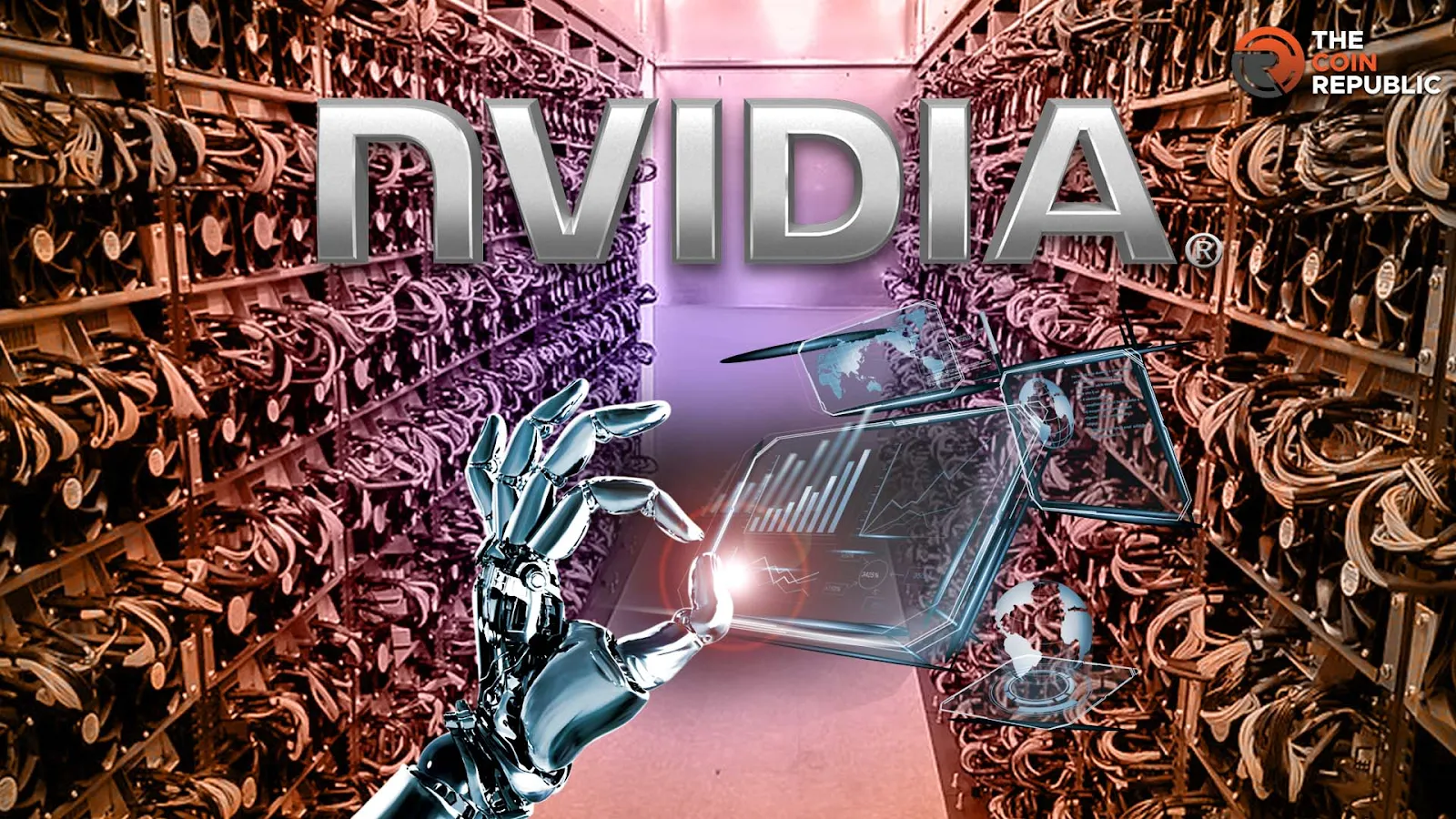
Additionally,Nvidia’s groundbreaking HBM3e processor, showcased in the Grace Hopper platform, heralds a new era with three times the bandwidth and memory capacity of previous generations. Beyond data centers, the company’s foray into AI-powered hardware for gaming underscores its diversification strategy.
2. Intel: The CPU Leader Expanding into AI
While not overshadowing Nvidia in GPUs, Intel solidifies its leadership in the CPU market, notably with the 2022 rollout of the Xeon Platinum series. This CPU, equipped with built-in acceleration, boasts nearly three times the memory capacity and almost double the bandwidth of its predecessor. Additionally, Intel’s strategic expansion into the broader AI hardware market reflects its intent to leverage CPU expertise across diverse applications, with its CPUs currently running 70% of global data center inferencing.
Read more: What is special about ARM for the biggest IPO in recent times?
3. Alphabet: Google’s AI Ambitions Unleashed
Alphabet, Google’s parent company, enters the AI hardware arena with Cloud TPU v5e, a cost-effective solution purpose-built for large language models and generative AI. Additionally,The introduction of Multislice, a performance-scaling technology, challenges hardware limitations, showcasing nearly 60% utilization of model floating-point operations per second on TPU v4. Additionally,Moreover,Alphabet’s focus on producing powerful AI chips aligns with the growing demand for large-scale projects across various industries.
4. Apple: Revolutionizing Performance with Neural Engine
Apple’s Neural Engine, a driving force behind the M1 chip for MacBooks, marks a paradigm shift in AI hardware design and performance. MacBooks equipped with the M1 chip demonstrate a 3.5 times faster general performance and a fivefold improvement in graphic performance. Additionally, Apple’s commitment to innovation is evident with the anticipated release of the M3 chip in 2024, emphasizing the intersection of performance and user experience in consumer devices.
Read More: A New Revolutionary Circuitry Helps to Keep Your Electronics Cool Forever – techovedas
5. IBM: Telum’s Success and the Birth of AI Unit
IBM enters the spotlight with Telum, its specialized AI chip, outperforming general-purpose CPUs. The creation of the Artificial Intelligence Unit in 2022 signifies IBM’s focused approach to advancing AI processing capabilities.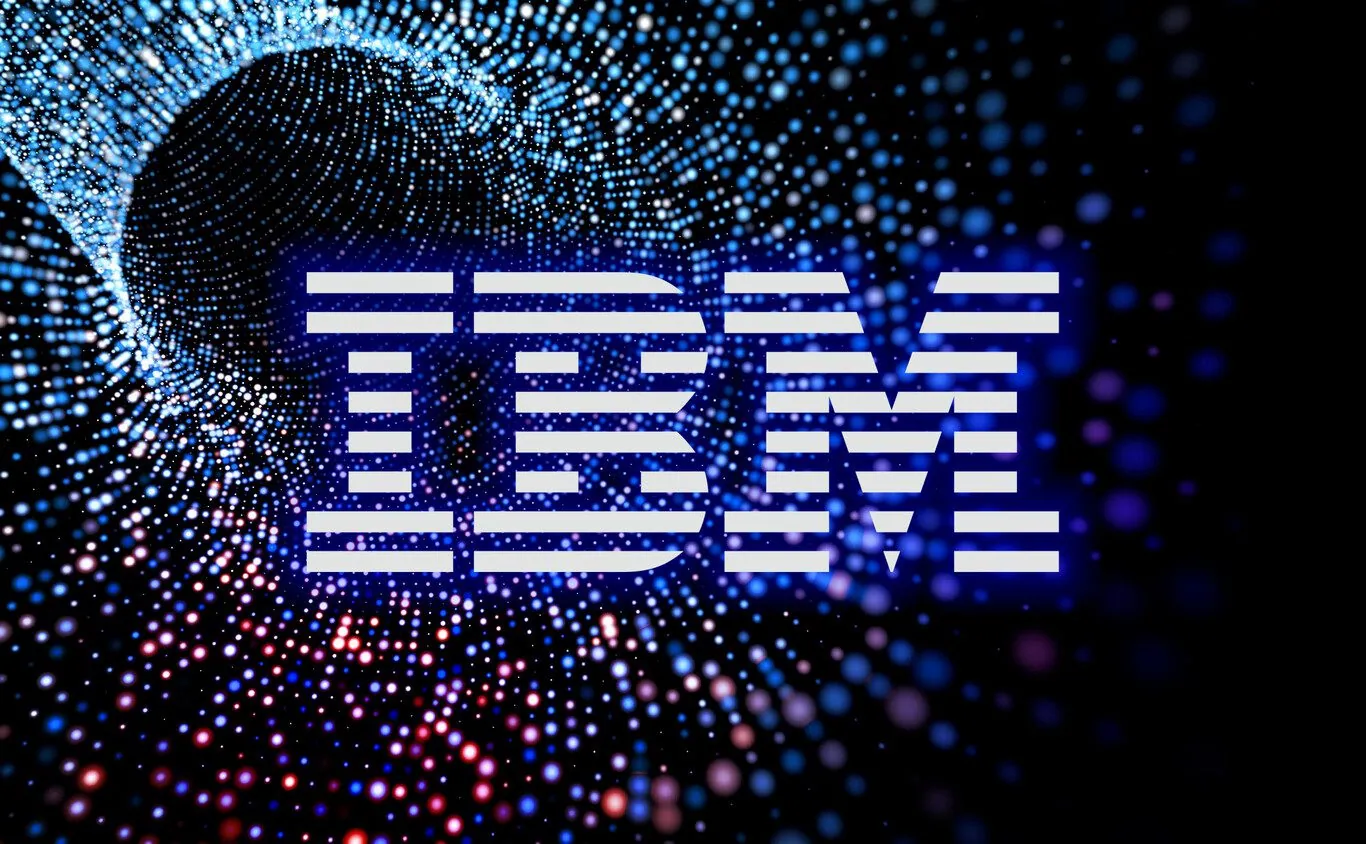
Telum, with over 23 billion transistors and 32 processing cores, stands out for its efficiency, boasting less memory-intensive and more effective operations than its predecessors.
6. Qualcomm: Telecom Expertise Meets AI Promise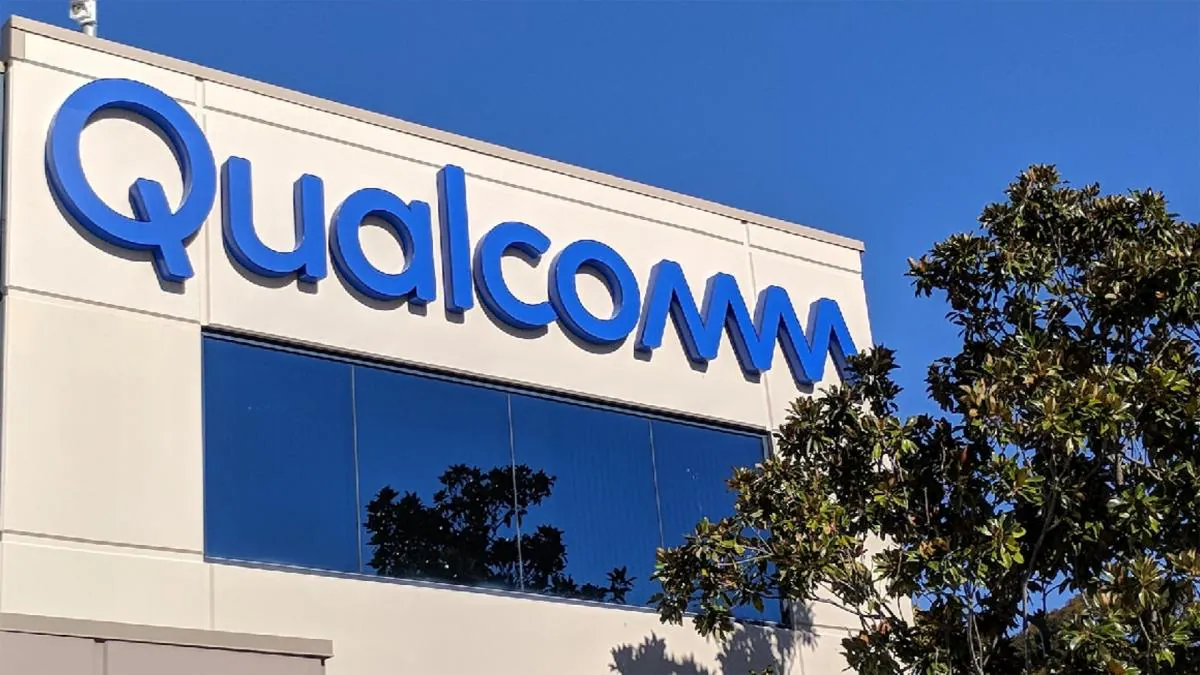
Although a newcomer in the AI hardware market, Qualcomm leverages its extensive experience in telecom and mobile technologies to emerge as a promising competitor. Qualcomm’s Cloud AI 100 chip showcases impressive results, surpassing Nvidia H100 in tests related to server queries per watt. Additionally, the company’s efficiency in AI workloads is highlighted by its ability to handle a high number of queries per watt, positioning Qualcomm as a notable player in the industry.
7. Amazon: AWS Shifts Focus to AI Chips
Amazon Web Services (AWS) strategically pivots from cloud infrastructure to AI chips with the introduction of Elastic Compute Cloud Trn1s.Additionally, These instances, powered by AWS Trainium chips, are purpose-built for deep learning and large-scale generative models. 
Additionally,The trn1.32xlarge instance, equipped with 16 accelerators and enhanced memory, signifies a significant scalability upgrade to address the growing demands for AI processing power.
Read More: What is the Role of Processors in Artificial Intelligence (AI) Revolution – techovedas
8. AMD: Zen 4 CPU and the Anticipated MI300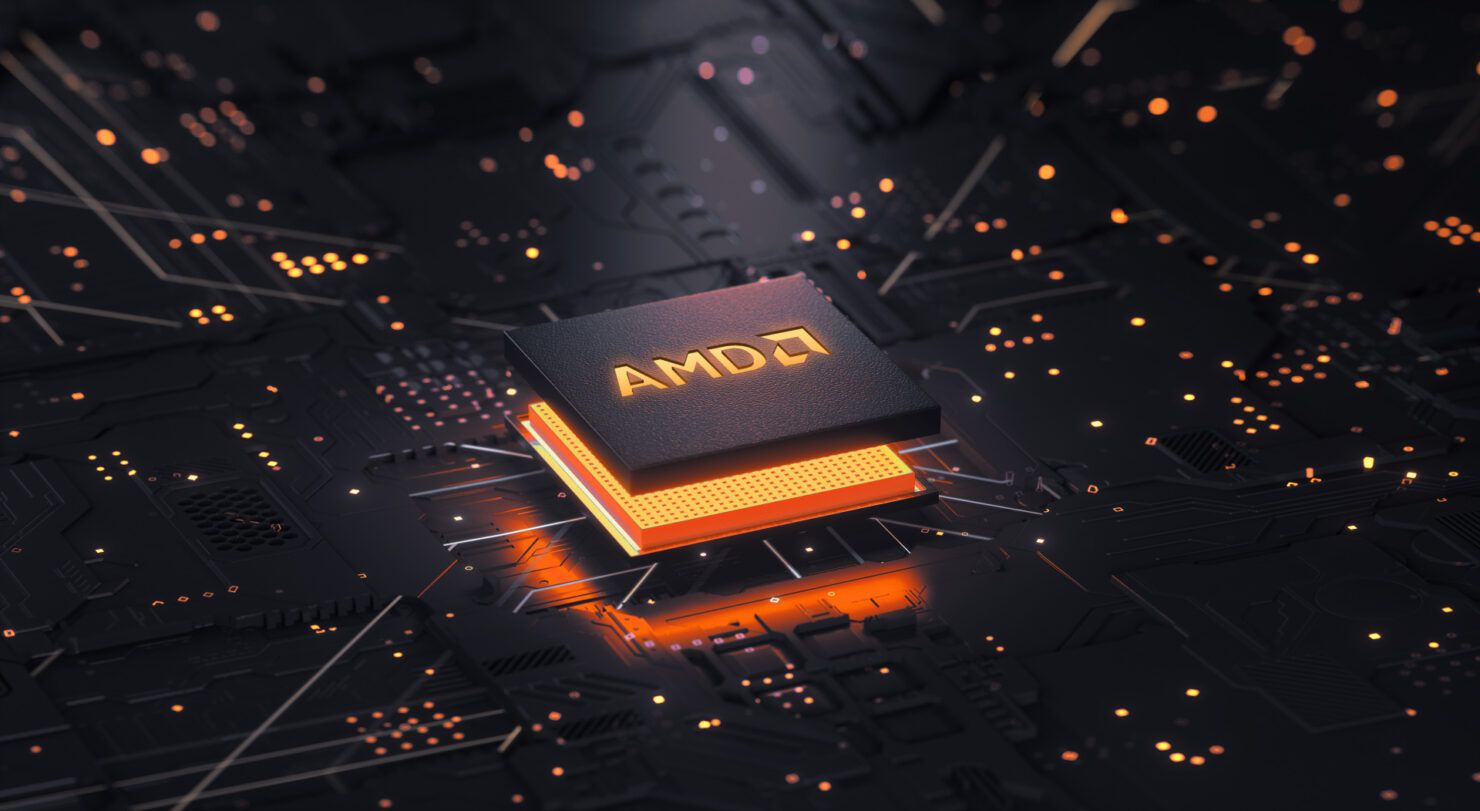
AMD introduces the Zen 4 CPU, contributing to its reputation for delivering the next generation of processors. Additionally,the anticipation surrounding the MI300 AI chip, set to rival Nvidia’s H100, showcases AMD’s commitment to pushing the boundaries of AI hardware.
Additionally,Expected to compete favorably in terms of memory capacity and bandwidth, the MI300 underlines AMD’s dedication to continued innovation in the AI hardware landscape.
Conclusion:
In a dynamic AI hardware landscape, these top 8 companies emerge not just as competitors but as architects of the future. Additionally,Unveiling superchips, revolutionary processors, and performance-enhancing technologies, their contributions resonate across industries. Additionally,the relentless pursuit of efficiency, power, and scalability underscores the significance of theselad advancements, shaping a future where AI hardware redefines technological possibilities.
Read More Datails:


